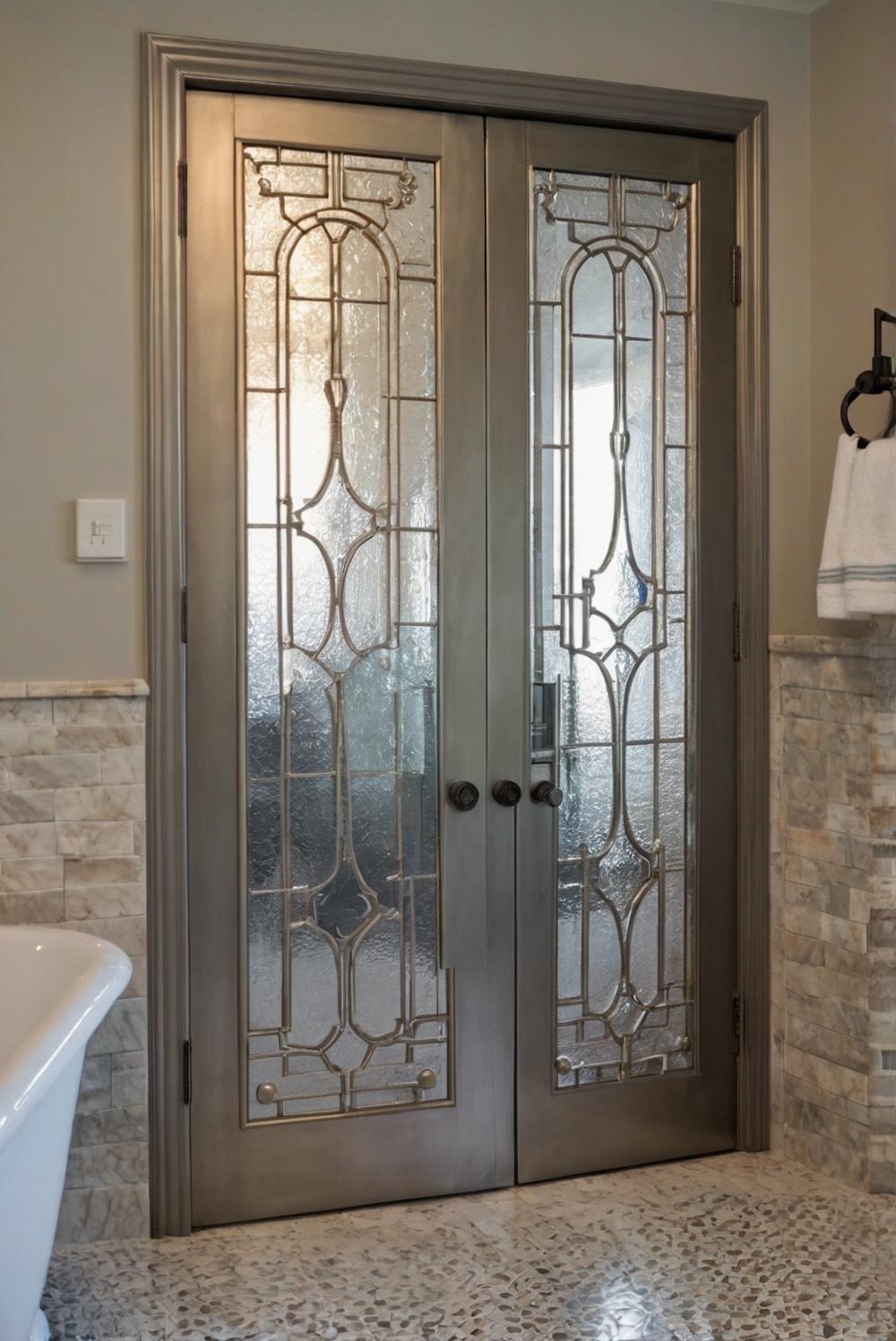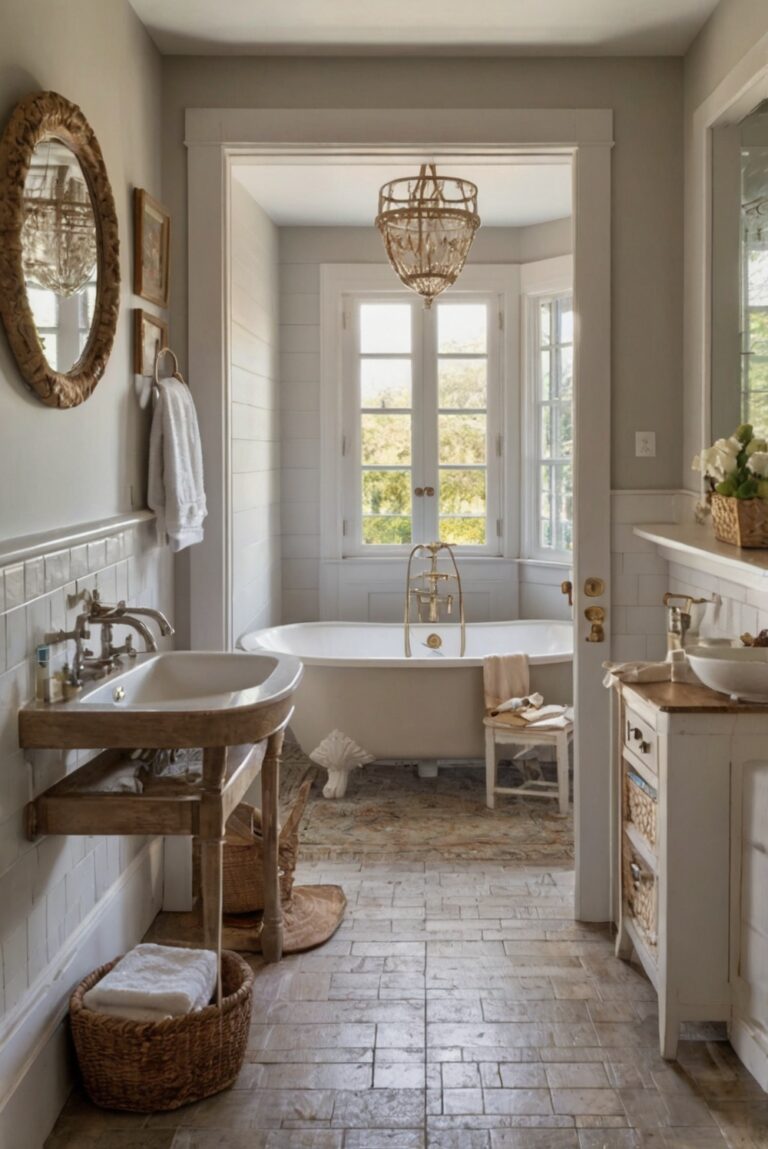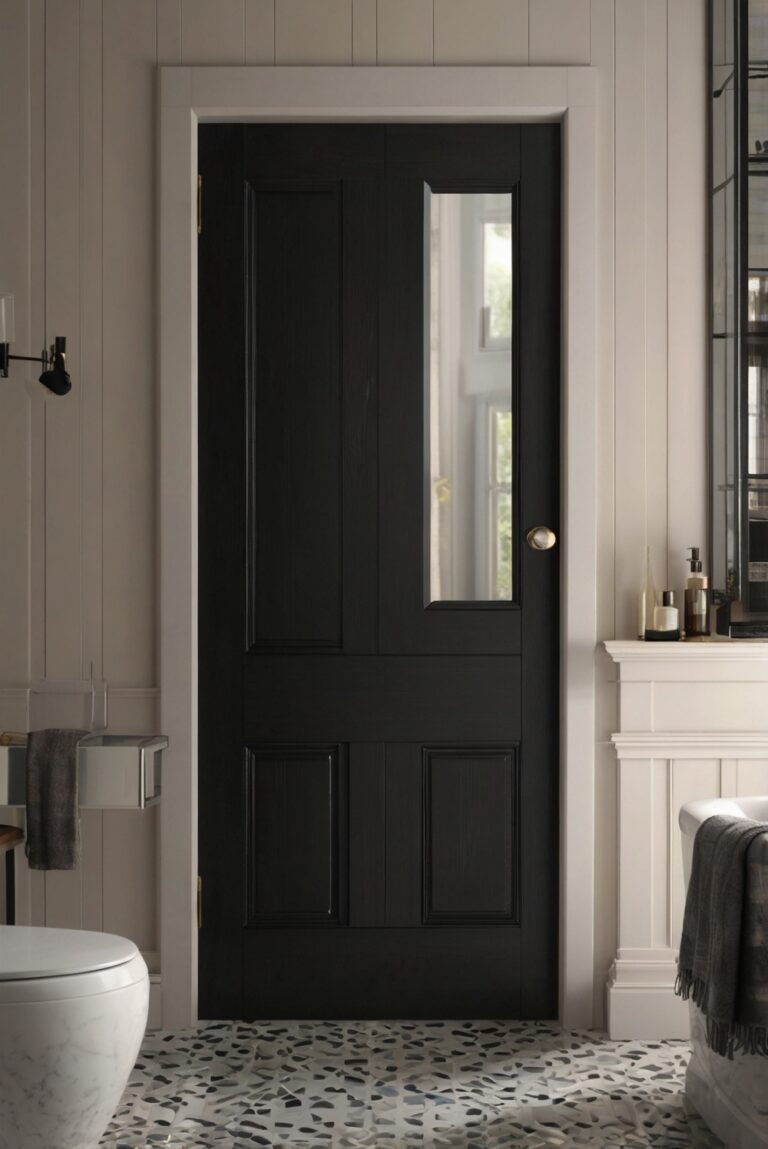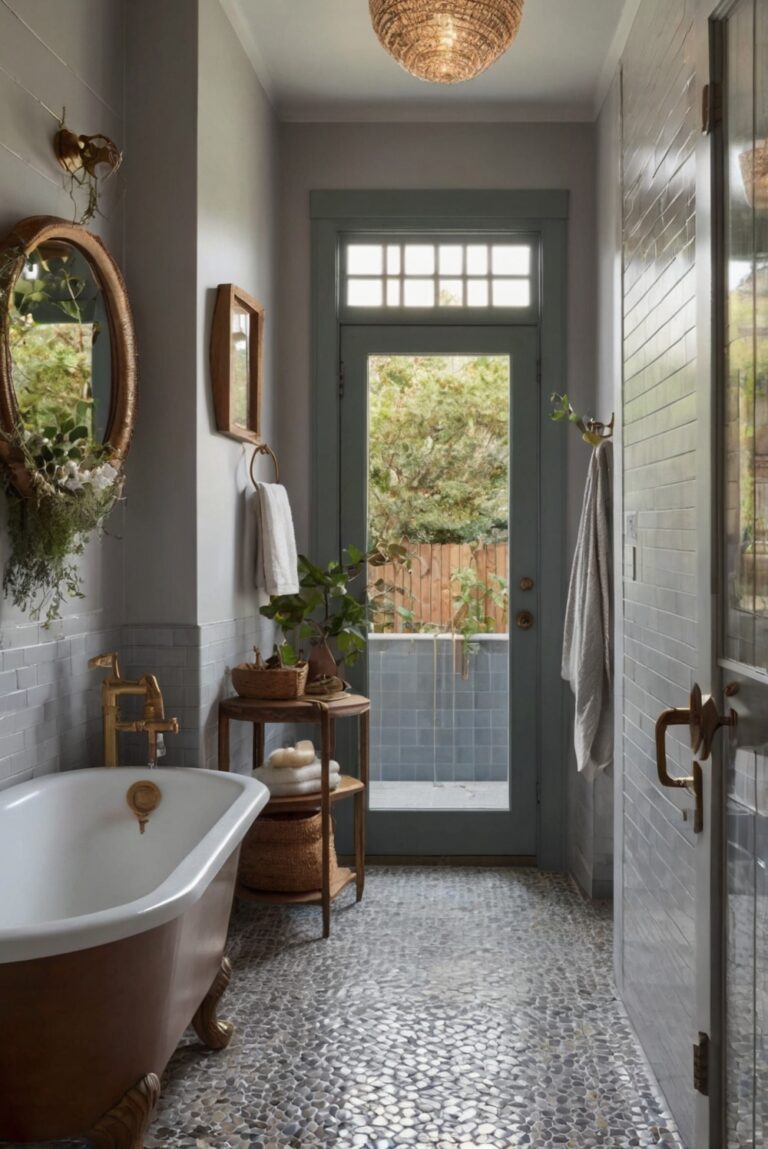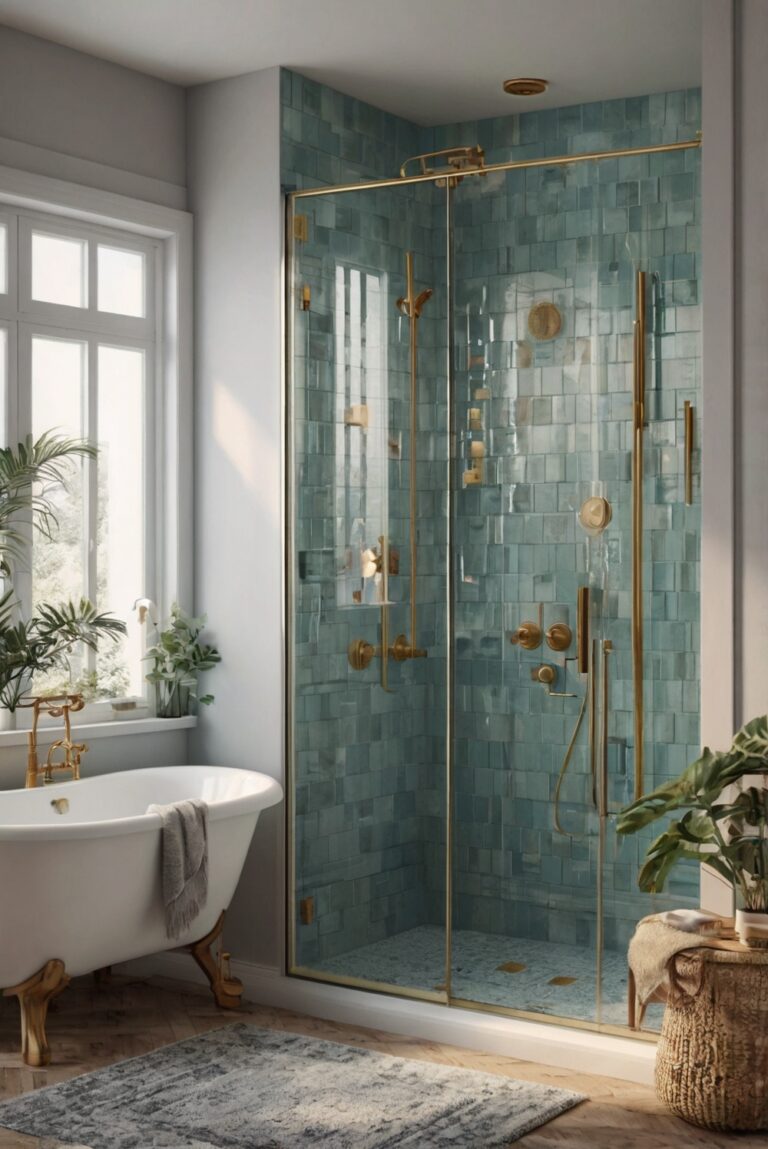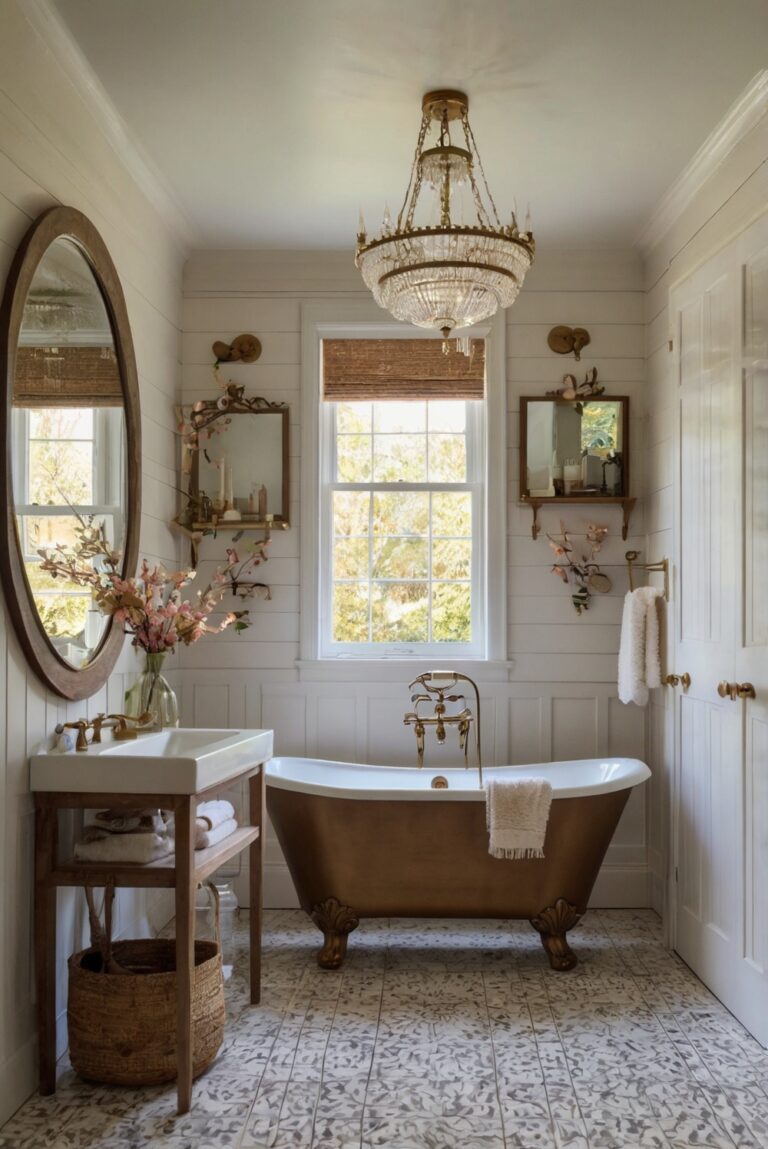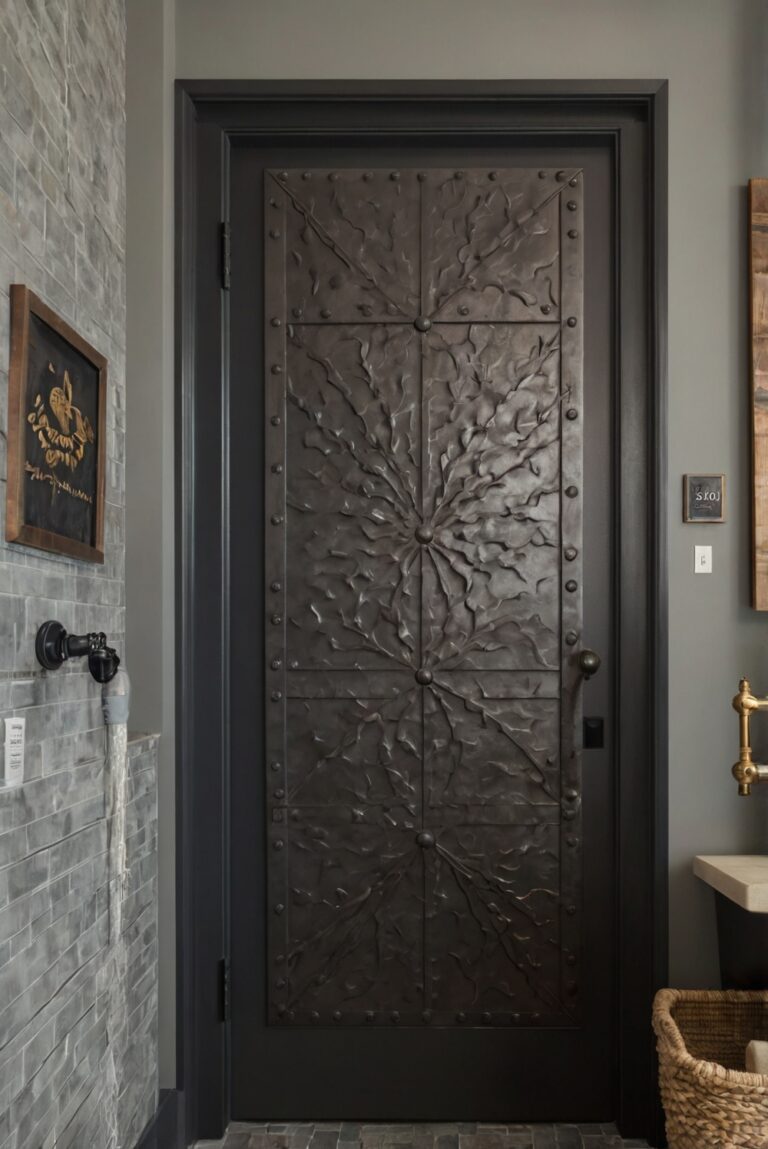Discover the advantages of incorporating metal doors into bathroom design. Explore how this modern feature can enhance your space and elevate your interior design routine.
What Are the Benefits of Using Metal Doors in Bathrooms?
Metal doors in bathrooms offer durability, modern aesthetics, easy maintenance, and resistance to moisture and mold. They can enhance the overall look and feel of your bathroom while providing protection and privacy. However, ensure proper ventilation to prevent rusting, and consider the style and color of the door to match your bathroom decor. Additionally, metal doors may require occasional repainting or refinishing to maintain their appearance over time.
Increased Durability:
Metal doors are known for their durability and strength, making them an excellent choice for bathrooms. They can withstand heavy use and are resistant to dents, scratches, and other forms of damage that can occur in a high-traffic area like a bathroom. This durability ensures that the door will last for many years without the need for frequent repairs or replacements.
Enhanced Security:
One of the key benefits of using metal doors in bathrooms is the enhanced security they provide. Metal doors are difficult to break through, making them an excellent choice for ensuring the privacy and safety of those using the bathroom. This added security can give users peace of mind and help create a secure environment in the bathroom.
Easy Maintenance:
Metal doors are relatively easy to maintain compared to other types of doors. They can be easily wiped clean with a damp cloth, making them ideal for bathrooms where cleanliness is a top priority. Metal doors are also resistant to moisture and humidity, which are common in bathrooms, reducing the risk of damage over time.
Aesthetic Appeal:
Metal doors can add a modern and sleek look to a bathroom, enhancing its overall aesthetic appeal. With a variety of finishes and styles available, metal doors can complement any bathroom decor and design. Whether you prefer a contemporary or industrial look, metal doors can be customized to suit your preferences and create a stylish space.
Cost-Effective Solution:
While metal doors may have a higher upfront cost compared to other door materials, their durability and long lifespan make them a cost-effective solution in the long run. By investing in metal doors for your bathroom, you can avoid frequent repairs and replacements, saving you money on maintenance expenses in the future.
In conclusion, the benefits of using metal doors in bathrooms are vast and make them a practical and stylish choice for any space. From increased durability and enhanced security to easy maintenance and aesthetic appeal, metal doors offer a range of advantages that can improve the functionality and appearance of your bathroom. Consider installing metal doors in your bathroom to enjoy these benefits and create a space that is both secure and visually appealing.
1. What are the benefits of using metal doors in bathrooms?
Metal doors in bathrooms offer several advantages such as durability, resistance to moisture, and easy maintenance. Metal doors are known for their longevity and ability to withstand high humidity levels commonly found in bathrooms. They are also resistant to warping, cracking, and rotting, making them a practical choice for wet environments. Additionally, metal doors are easy to clean and maintain, requiring minimal effort to keep them looking new. Their sleek and modern appearance can also enhance the overall aesthetic of the bathroom, adding a touch of sophistication.
2. How do metal doors compare to other types of doors in terms of bathroom use?
When compared to other types of doors like wood or fiberglass, metal doors excel in bathroom settings due to their superior moisture resistance and durability. While wood doors may warp or rot in humid environments, and fiberglass doors can delaminate over time, metal doors remain unaffected by moisture and provide long-lasting performance. Metal doors also offer better security and insulation, making them a practical choice for bathrooms where privacy and energy efficiency are important factors to consider.
3. Are metal doors suitable for residential bathrooms?
Yes, metal doors are suitable for residential bathrooms and can be an excellent choice for homeowners looking for a durable and low-maintenance option. Residential bathrooms often experience high levels of humidity, which can be damaging to traditional wood doors. By opting for metal doors, homeowners can ensure that their bathroom doors will remain in top condition for years to come. Metal doors come in a variety of styles and finishes, allowing homeowners to choose a design that complements their bathroom decor while enjoying the benefits of a long-lasting and reliable door.
4. Are there any specific maintenance requirements for metal doors in bathrooms?
Metal doors in bathrooms require minimal maintenance to keep them looking their best. Regular cleaning with a mild detergent and water solution is usually sufficient to remove dirt and grime from the surface of the door. It is essential to avoid using harsh chemicals or abrasive cleaners, as these can damage the finish of the metal door. Periodically inspecting the door for any signs of rust or corrosion and addressing any issues promptly can help prolong the life of the door. Lubricating hinges and hardware as needed can also ensure smooth operation of the door over time.
5. Are there different types of metal doors available for bathrooms?
There are several types of metal doors available for bathrooms, including steel, aluminum, and stainless steel doors. Steel doors are known for their strength and durability, making them a popular choice for high-traffic areas. Aluminum doors are lightweight and corrosion-resistant, making them suitable for humid environments like bathrooms. Stainless steel doors offer the highest level of corrosion resistance and are often used in commercial settings. Each type of metal door has its unique characteristics and benefits, allowing homeowners to choose the best option based on their specific needs and preferences.

